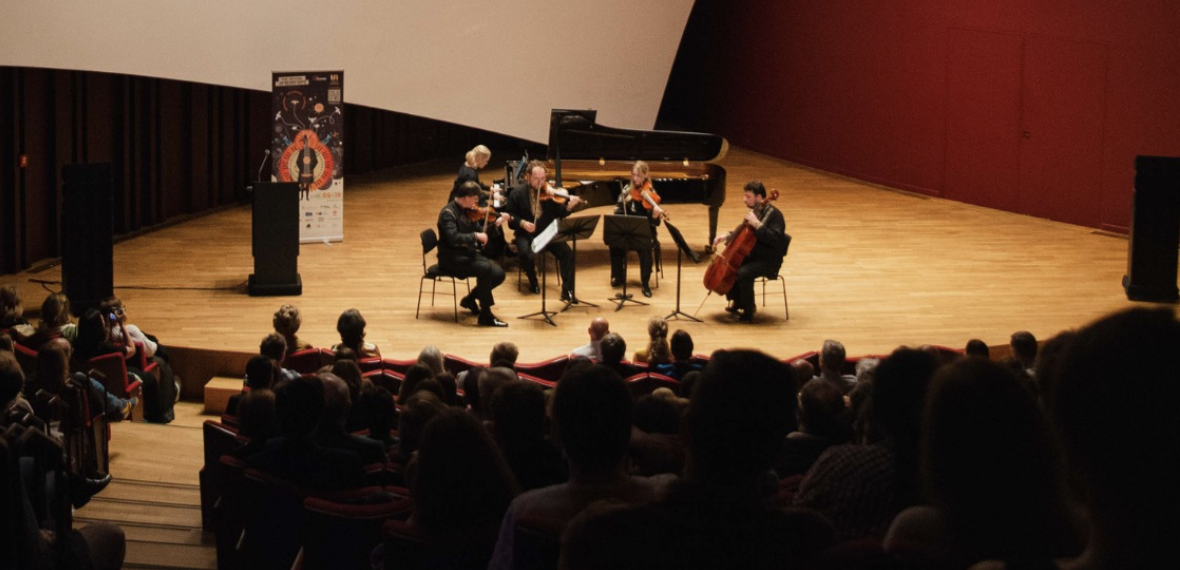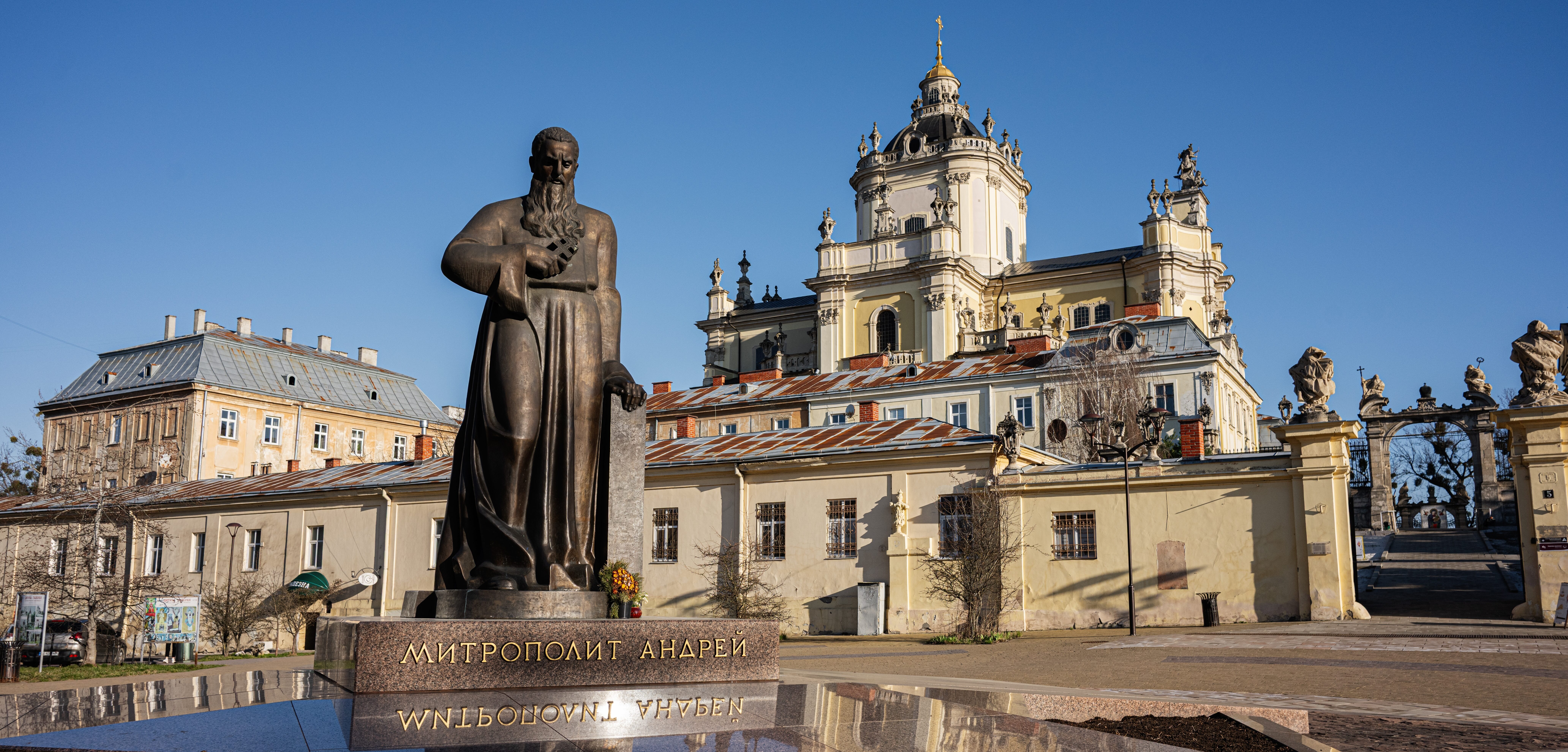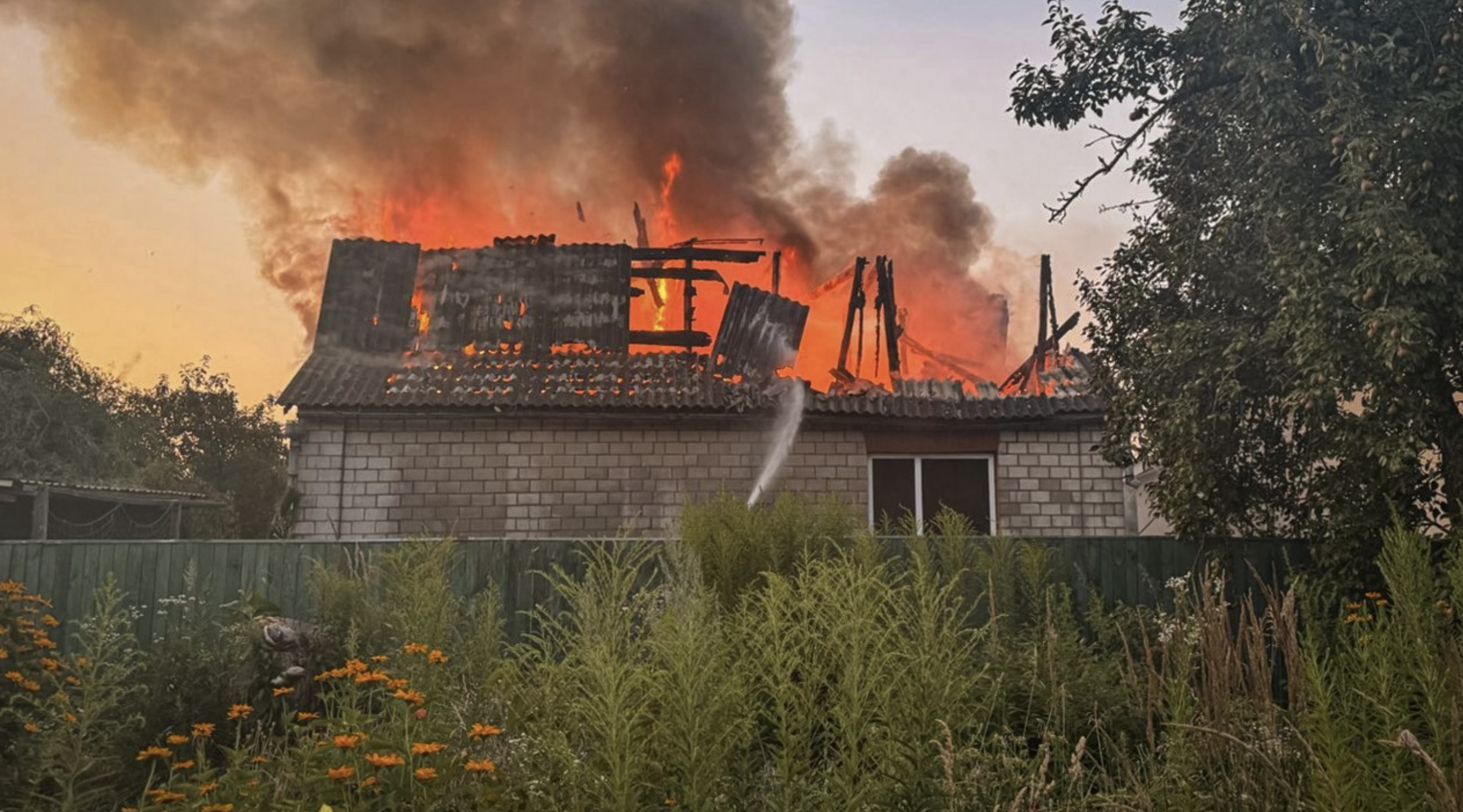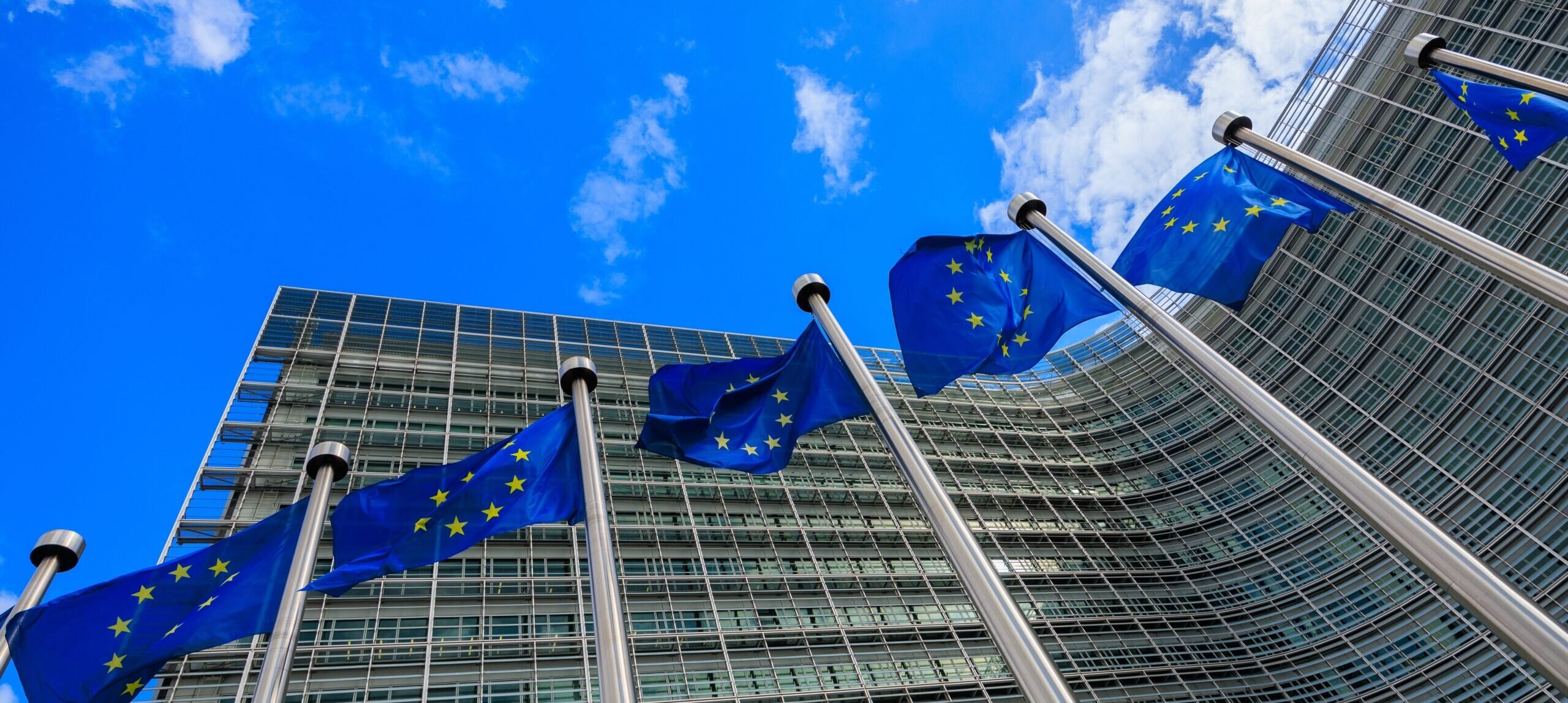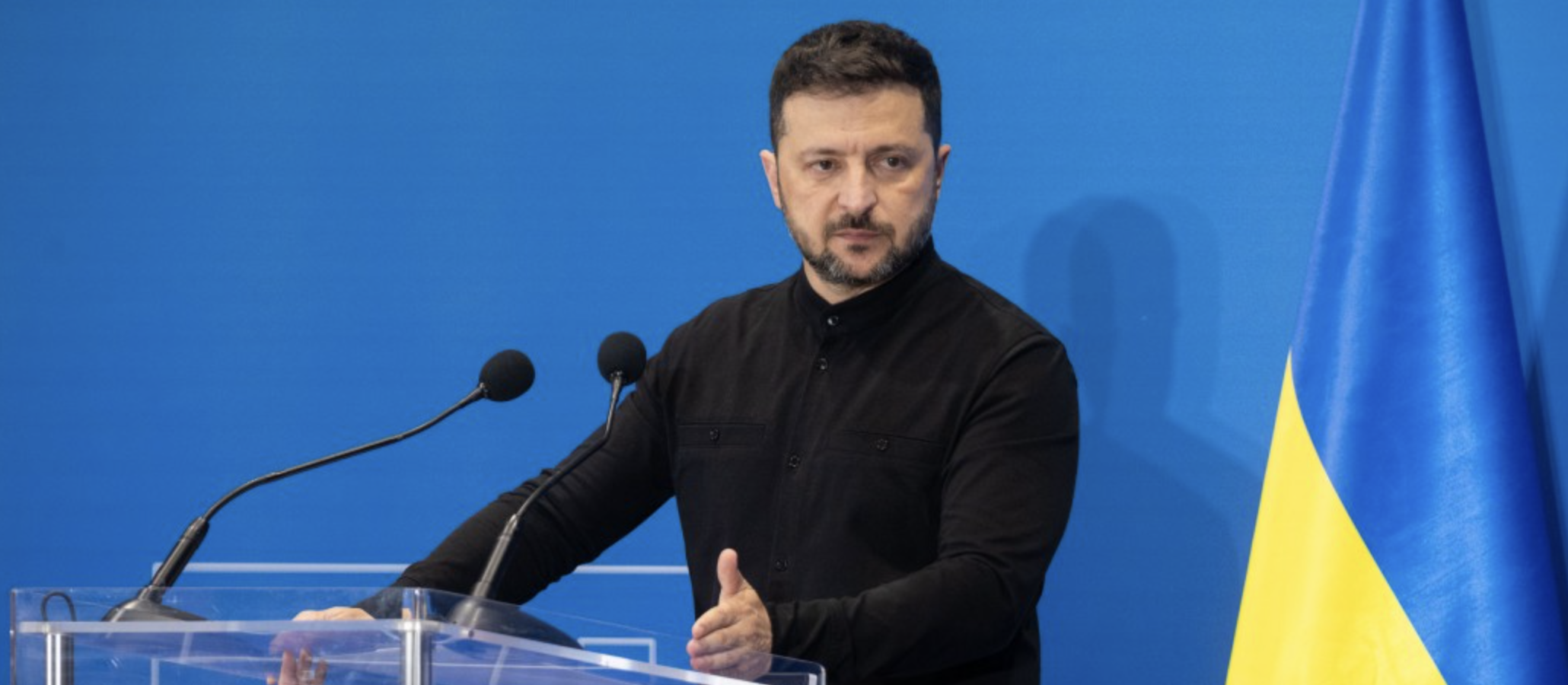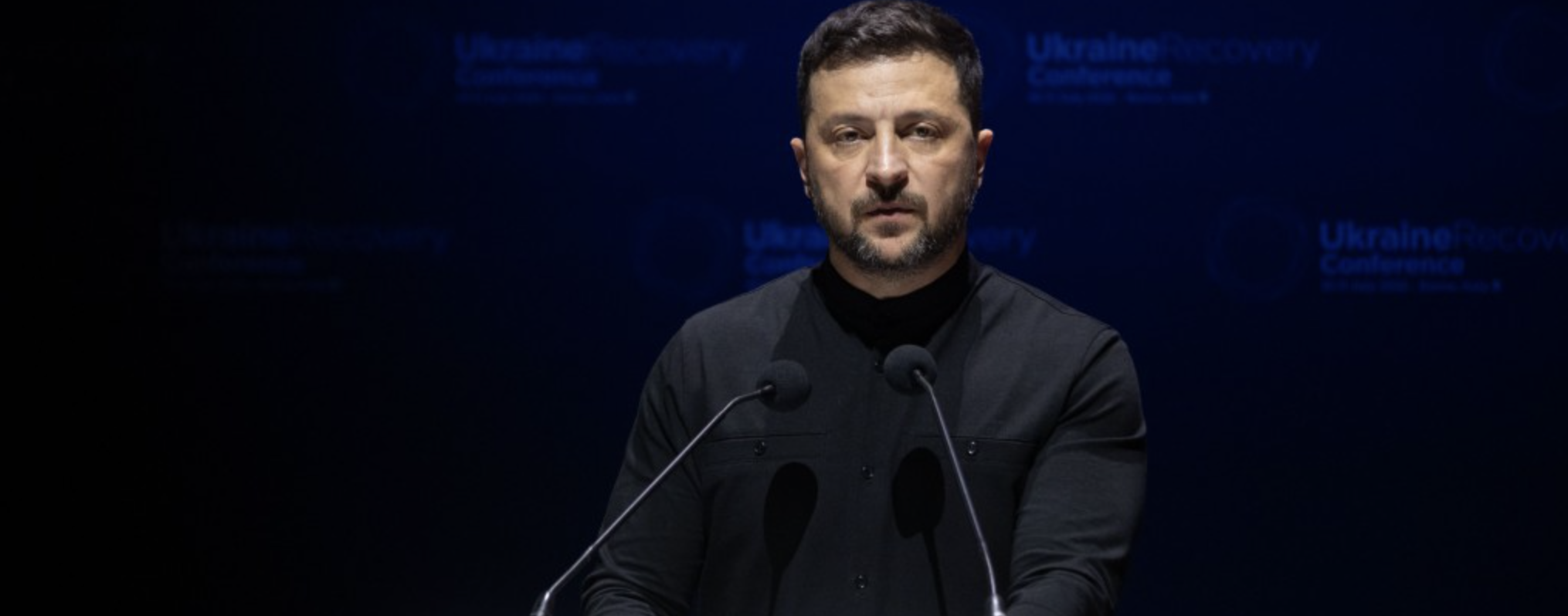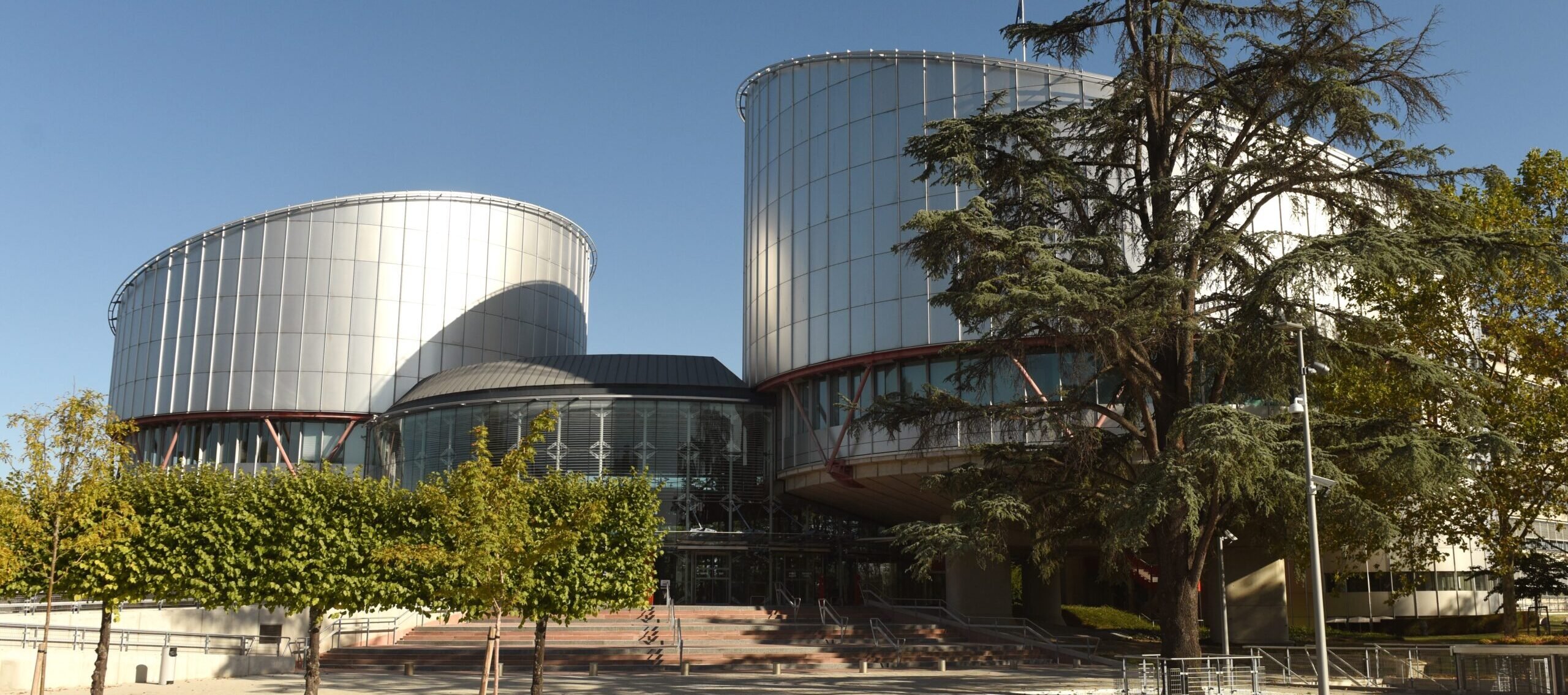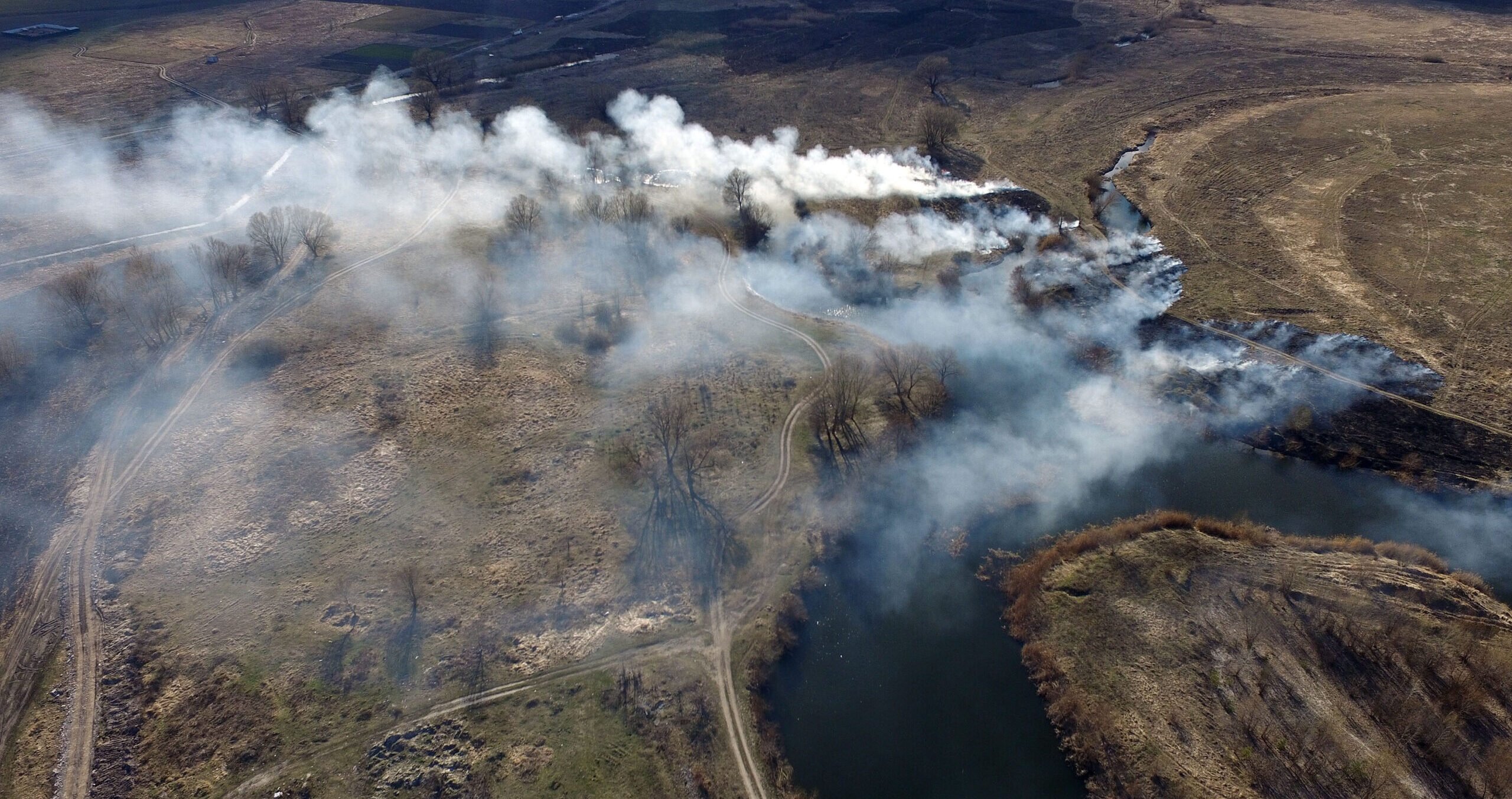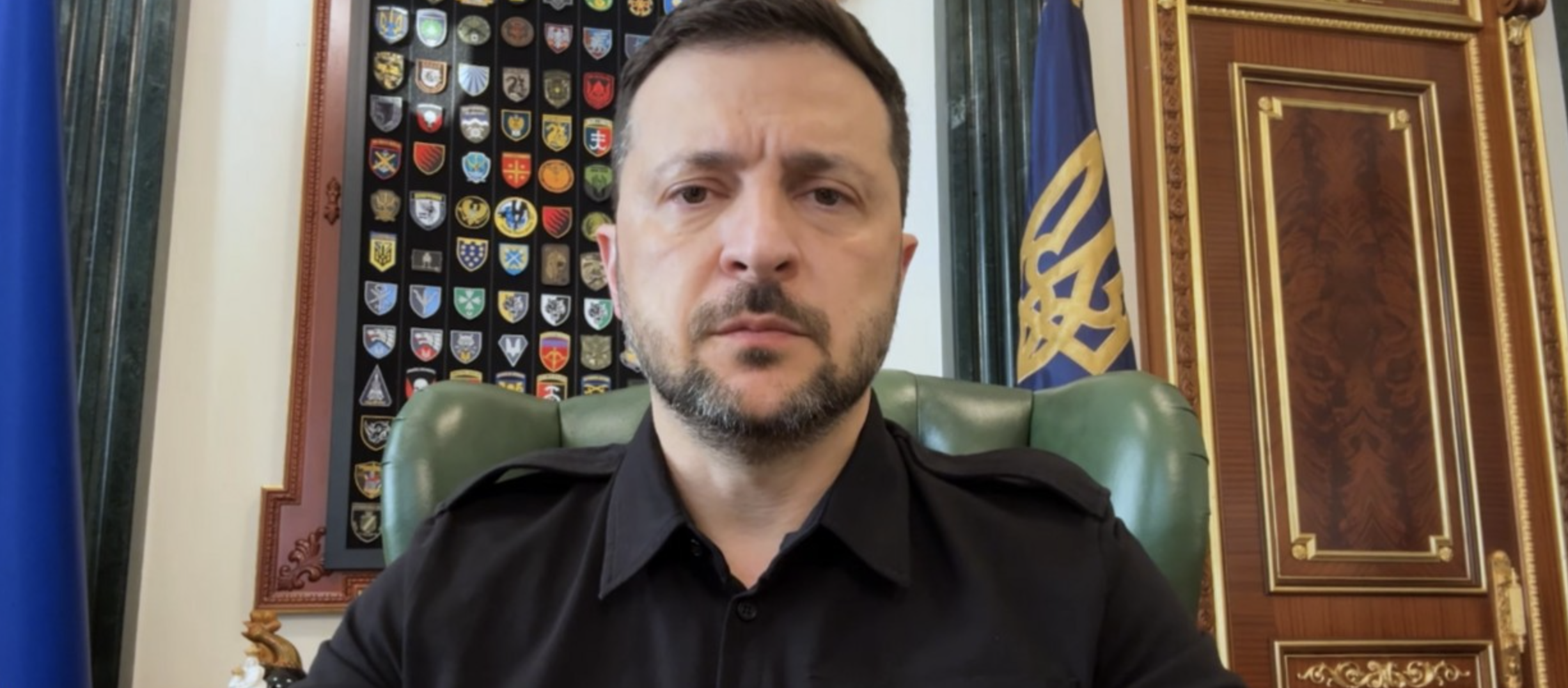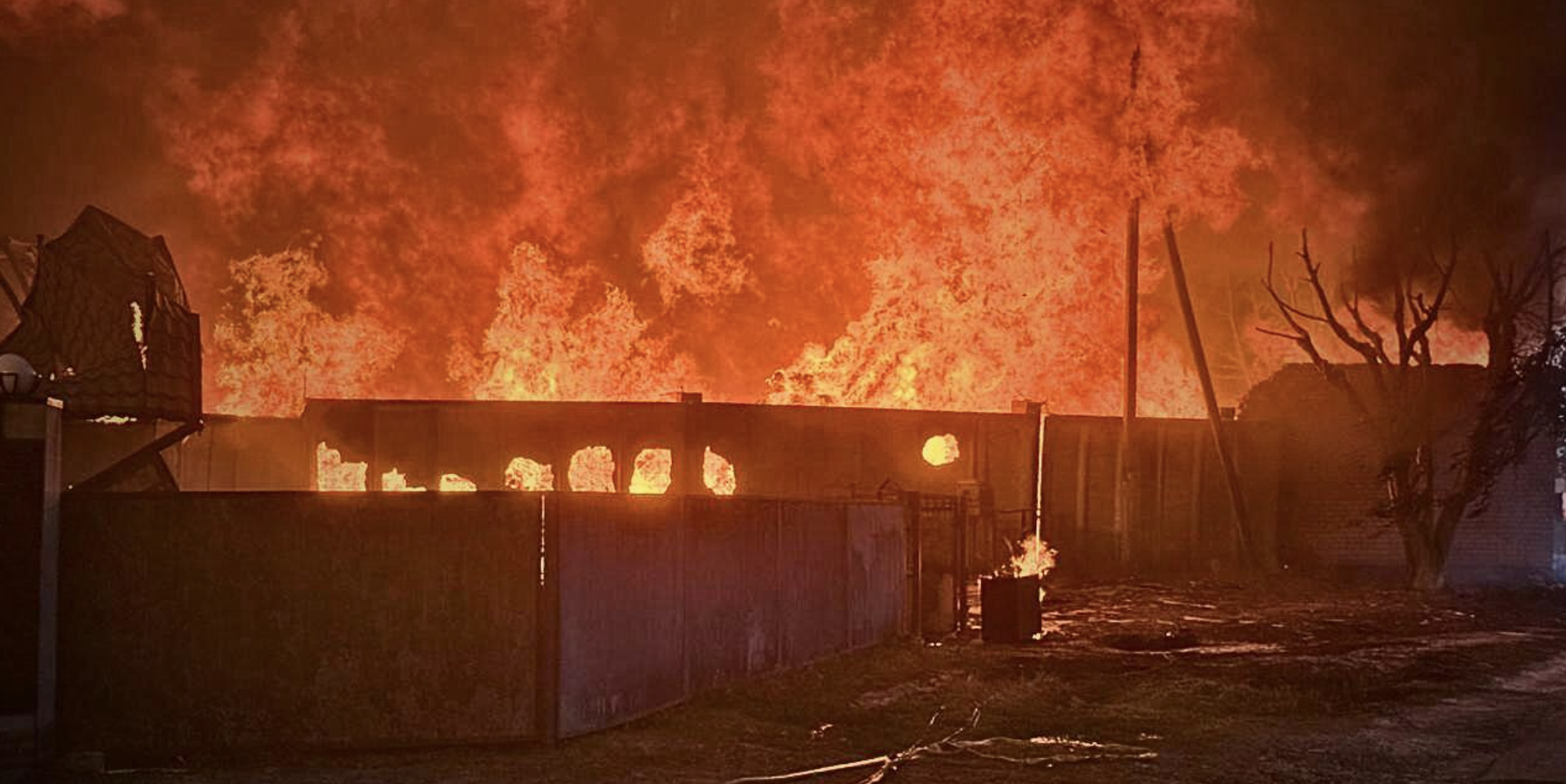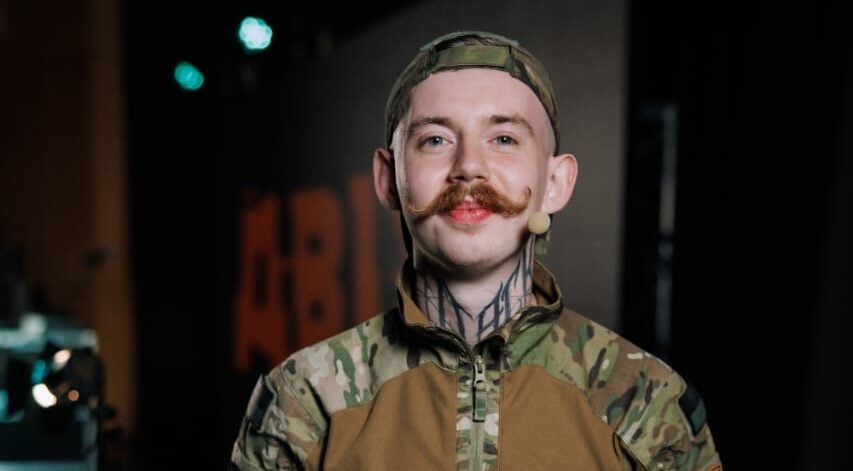
The Unite With Ukraine initiative of the Ukrainian World Congress continues its Frontline Voices series, spotlighting interviews with Ukrainian defenders, including both professional military personnel and civilians who have enlisted in the Armed Forces of Ukraine. This time, journalists spoke with Vitalii ‘Tourist’, a drone operator.
Tell us about your background and combat experiences. Can you describe your experience on February 24th, 2022?
My name is Vitalii, and I am 24 years old. I was born in Dnipro but lived in Lviv before the outbreak of full-scale war. I mobilized on the first day of the full-scale invasion; on February 24th, I was in the military recruitment office. I spent the first year of my service in the infantry, and after getting injured, I switched to an aerial reconnaissance team that was working with FPV drones.
When I woke up on February 24th, I realized that the Great War had begun and that my duty, like all other men in Ukraine, was to be on the front lines. I immediately went to the military recruitment office with a friend of mine. Although we both continue to serve in different capacities, we are doing well.

What is your assessment of the current situation at the front? What are the most significant challenges your unit is currently encountering?
All military personnel know the situation is challenging due to the enemy’s continuous learning and adaptation. The Russian enemy, initially weak at the start of the full-scale invasion, is no longer a weak adversary. Regrettably, this occurred when our forces were depleted, and there were delays in receiving support from our Western allies regarding armaments and permission to use them. The situation is challenging, but it is being managed.
As daily assaults occur on all fronts, my unit, like most others, is responsible for defending and slowing down the enemy’s advance into our territory. The enemy does not spare any resources, forces, or the lives of their citizens. Currently, our primary goal is to prevent further enemy advancements.
Given your background as a historian, could you provide some lessons from Ukrainian history that Ukrainians should learn to build a better future?
There are several important lessons to be learned from Ukrainian history. I want to highlight two of the most significant ones. First, we must recognize that Russia is our rival in all areas, including military, economic, and cultural. Second, Ukraine has consistently experienced internal unity issues during Kyivan Rus, the Cossack era, and the liberation struggles (1917-1921). This lesson must be emphasized, as our predecessors could not succeed without unity.
What historical events or figures can become new moral symbols for the growing generation of Ukrainians?
The next generation of Ukrainians must remember the sacrifices of those who fought for their freedom. Therefore, modern Ukrainian military personnel who have sacrificed their lives, are currently fighting, or have taken part in heroic events should be regarded as moral symbols. Those who defended Azovstal or Bakhmut, those in the Avdiivka direction, or those who liberated occupied Ukrainian territories such as the Kherson region, Kharkiv region, or Kyiv should be honored. Our generation, currently fighting against the enemy, should serve as moral leaders for the younger Ukrainians. We should also remember the historical figures who fought for Ukraine’s independence and envisioned Ukraine as an independent state.

Does Russia serve as our equivalent of Carthage? Can Ukraine live in peace without the threat of recurrent invasions only if this state is destroyed?
I agree; however, we don’t live in the era of Rome and Carthage, and it is impossible to destroy a state in our era, regardless of our efforts. Eradicating the Russian population would be genocide. Accordingly, even though the Russians are our enemies, I would not wish to serve as an executioner for all of them, even though some must be punished. In general, we must remain realistic and recognize that we are unable to eradicate Russia. Thus, our current objective is to advocate for Ukrainian independence and for Ukraine to become more powerful than Russia. These are the only methods by which Russia will cease its efforts to expand its influence or invade our territories. Russia cannot be destroyed; however, it can be weakened, and Ukraine can be fortified.
What is your perspective on Ukraine’s role on the global stage after the war?
I would like to see Ukraine on the world stage after our victory. Ukraine’s extraordinary potential would be a significant loss if it went unrealized. I see Ukraine as a potential global leader in producing drones and unmanned systems for military, agricultural, and medicinal purposes. War can drive progress and development. We have the necessary talent and resources to make this vision a reality, and this is the role Ukraine could play in the global economy.
I envision Ukraine as an independent state member of the European Union and NATO, with a strong economy and a democratic system.
What is your prediction of Ukraine’s future post-war?
It is a highly ambiguous question. The persistent political issues in Ukraine, such as corruption, pose a significant threat to our current or future potential. These are my fears; I would not wish for that. I aspire to see Ukraine emerge as a fully developed European nation that is robust in every regard.
You’ve traveled extensively. Which countries have you visited, and on your travels, have you noted anything useful for Ukraine?
I have traveled to 27 countries, including Northern Europe, Central Europe, the Balkans, Iceland, Iraq, and Turkey. There is always something to learn, as the world is generally diverse. Ukraine excels in certain aspects compared to EU countries but lags in others. While we can strive for ideals, Ukraine is unique, and not all European countries’ approaches will be entirely suitable for us. We can create and implement a unique solution or adapt practices from European democracies to fit our needs. This could be even more beneficial for Ukraine and its future.
The Ukrainian World Congress has recently delivered 100 FPV drones to your unit. How important and valuable is this delivery for executing your combat missions?
It is of utmost importance to remember that FPV drones are now being used as a primary method to achieve desired outcomes in current circumstances, especially in light of a shortage of artillery and mortar projectiles. Drone strikes are responsible for the majority of Russian equipment and personnel losses, as confirmed by Western OSINT investigations. Consequently, the delivery of 100 drones by the Ukrainian World Congress represents 100 potential targets for attack.
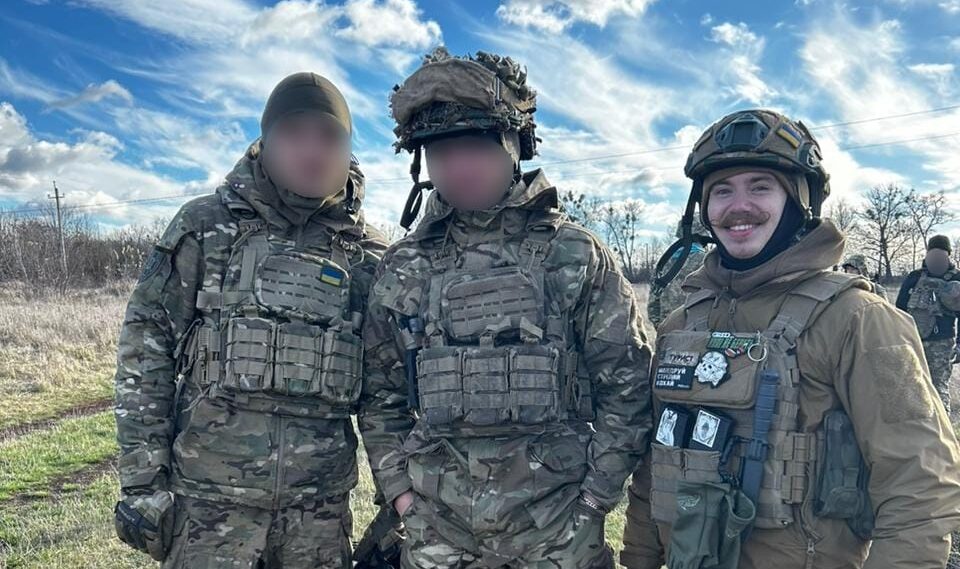
What else is needed to improve combat effectiveness at the front?
First and foremost, we need more people. Without them, any weapon is inoperable and incapable of firing. This remains our primary concern. The second issue is the delay in Western aid. They have provided us with substantial equipment, for which we are grateful. However, it all happens very slowly. So much time passes from when we require an artillery system to when it arrives in Ukraine and starts working. This extended period costs people their lives. We need a more stable policy from Western countries regarding the supply of weapons, and then more people will join the Ukrainian Armed Forces.
How would you assess the role of volunteers in supporting the Ukrainian army?
I have only experienced combat during the full-scale invasion, but Ukraine had a highly evolved and robust volunteer system even during the “Anti Terrorist Operation” from 2014-2022. It has expanded even further during the full-scale invasion. Currently, the Ukrainian army relies heavily on the assistance of volunteers. Volunteers are responsible for providing vehicles, reconnaissance drones, FPV, and electromagnetic warfare means. Numerous military personnel announce fundraisers on social media to purchase whatever they need. They may fundraise for radio stations, night vision devices, and other items. This is also volunteer work, as civilians donate to these fundraisers. Volunteers are invaluable in their assistance to the military.
How can civilians provide the most effective support to the military at this time? What actions can civilians take to demonstrate their support for the military, regardless of whether they are volunteers?
The most effective way for civilians to show support for the military is by enlisting in the Ukrainian Armed Forces. Two years ago, I worked as a sales consultant at a store. When the full-scale war began, I went to the military enlistment office and joined the military. I am not a professional soldier in terms of training or career, but I have learned everything I know during the war. All civilians are potential military personnel. We must understand that this is not just a minor conflict; it is a war for our existence to ensure that Ukraine remains an independent state and not a part of Russia. Therefore, I stress that the most effective action for civilians is to stand together with the military and provide support.
What message do you want to convey to the people reading this interview, whether they are foreigners or Ukrainian civilians?
For Ukrainians: If we run out of military personnel, there will be no victory; it will be much worse than it was in Bucha or Hostomel. Tragedies of this kind will keep happening all across Ukraine. Mobilization is essential for preventing this. There is now an opportunity to take courses, read something, and find your place in the army.
For foreigners: I want to express gratitude for the assistance they provide us. However, more is needed. Remembering that Russia has a wide range of capabilities and a highly effective propaganda campaign is essential. Accordingly, it is crucial to verify information, not rely on Russian sources, not be swayed by their propaganda, and advocate for support for Ukraine. If Ukraine loses, the world loses. If Ukraine wins, the world remains safe.
